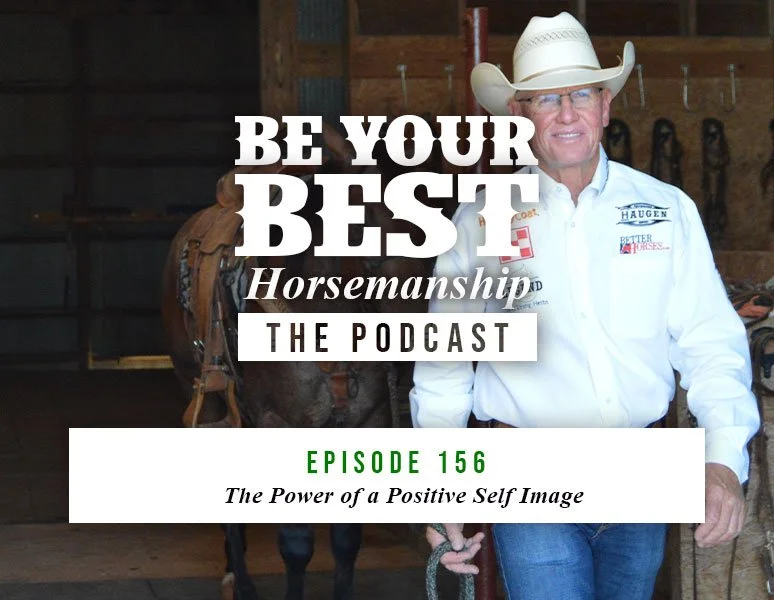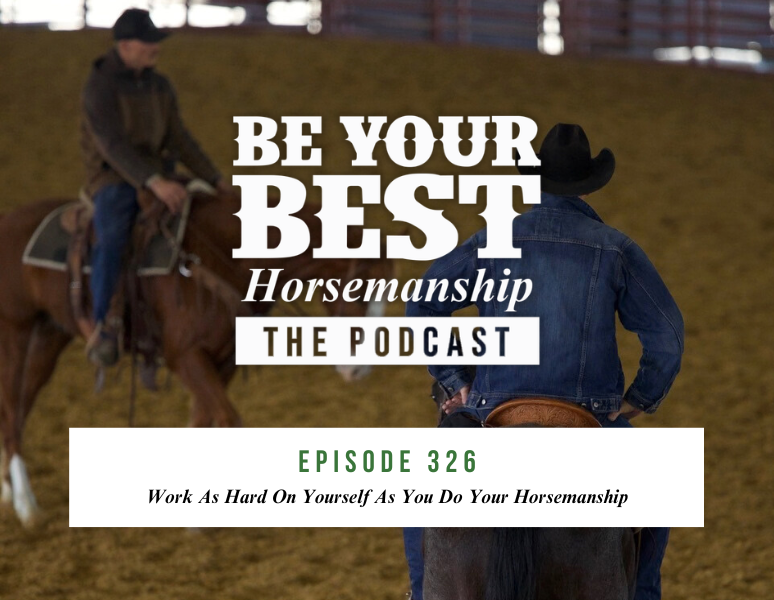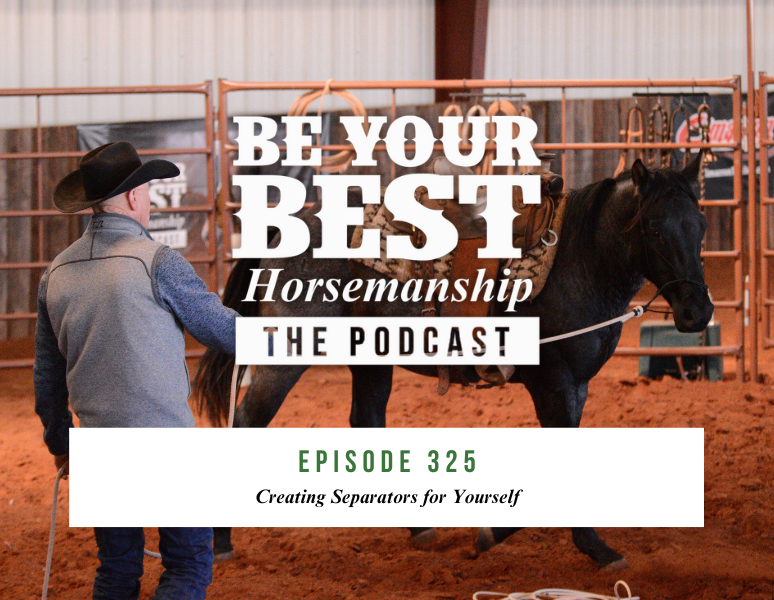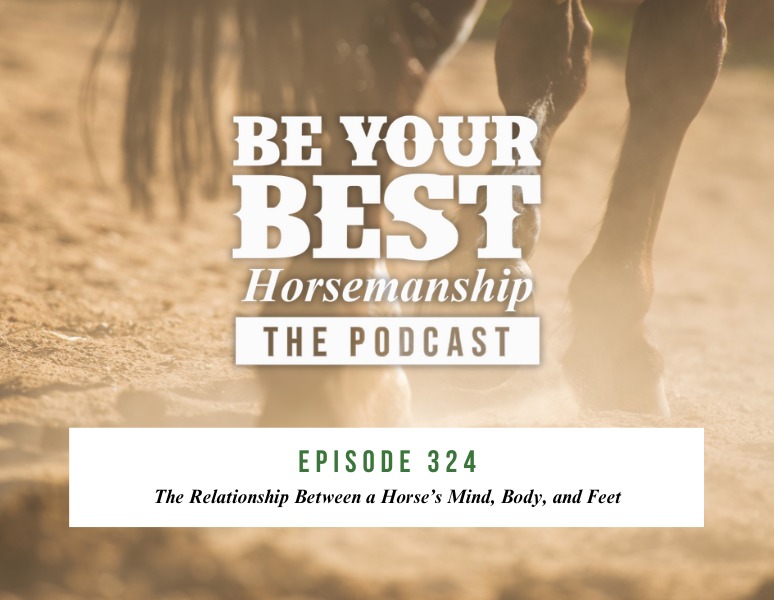Ep 156: The Power of a Positive Self Image
Last week, we hosted two outstanding young trainers for a weeklong mentorship program at our facility in Weatherford, Oklahoma. Along with our horses in training, Haley Nida (Oklahoma) and Sarai Angelle (Texas) each brought a few of their own horses to work with, and there were some great conversations that came out of these days spent in the saddle.
Haley and Sarai are both incredibly advanced riders with an outstanding set of skills, and they each have extremely athletic horses. But more importantly, these girls have the mindset it takes to be successful.
Whether you’re competing at a high level, training at a high level, or simply trying to progress your horse in its training, controlling your mindset and your attitude is everything. During our mentorship week, we talked a lot about self image and creating routines to be successful.
Self Image
It’s no secret that the horse industry can be overwhelming at times. There are many opportunities for you to doubt your skills, question your methods, or just get downright discouraged. When we experience these moments of self doubt, it can be incredibly damaging to our overall self image.
Lanny Bassham, author of With Winning in Mind, describes self image as “the total of your habits and your attitudes.” In other words, self image is what makes you act like you. Having a positive self image means that you have the confidence to apply your knowledge in a way that gets the desired results. When you embrace your highest self image, that’s where your full potential is unlocked.
Bassham goes on to say that “your performance and your self image are always equal.” In other words, you can’t outperform your self image. How you talk to yourself has a huge impact on your self image. That’s why positive self talk is so essential, especially in the training world. The good news is – you have control over establishing your habits, and you have control of your attitude.
Creating Routines
Creating routines is all about putting yourself in the position to be successful. Whether you are establishing routines for yourself, or creating routines for your horses in training, continual reinforcement is key.
If you want to have a great foundation, it is all about continual reinforcement of those fundamental principles. No matter what level you have reached, there will always be a need to reinforce these basic principles of horsemanship. While some horses are more seasoned or more consistent than others, they will never be programmed computers. They look to us for confidence and security. And, we establish that through continual reinforcement–giving them the opportunity to practice the things they’re good at, but also working on their areas of weakness so they can feel more confident in these movements.
Developing Winning Habits
When you start experiencing success in the arena, it can be exciting. But, for some, it can also have a paralyzing effect on our progress. When you start winning, you naturally want to keep doing whatever it took to get you to the winners’ circle. But sometimes, you may start to notice small errors in you or your horse’s performance. If you are still winning despite these errors, you may be tempted to overlook them, or you may become hesitant to continue tweaking the little things that continue to make your performance even better.
The fact is that you may still be able to run and place well, but you’re still not being as efficient as you could be. It may seem like just a little thing, but over time, little things can become big things. You want to address the little things before they become problematic habits.
“Be Your Best Horsemanship” is brought to you by Silver Lining Herbs, Classic Equine, Martin Saddlery, Better Horses Network, Purina, Healthycoat, CINCH, Starbar, and Clarifly. These brands have been part of the Phil Haugen Horsemanship team for many years, and their products continue to play an integral role in the success of our performance horse training program. To support these brands, visit our Sponsors tab.




